A new global study reveals that ancient carbon, once thought securely stored in soils and rocks, is leaking into the atmosphere via rivers. For the first time, researchers have confirmed that carbon trapped in landscapes for thousands of years or…
Category: Earth
-
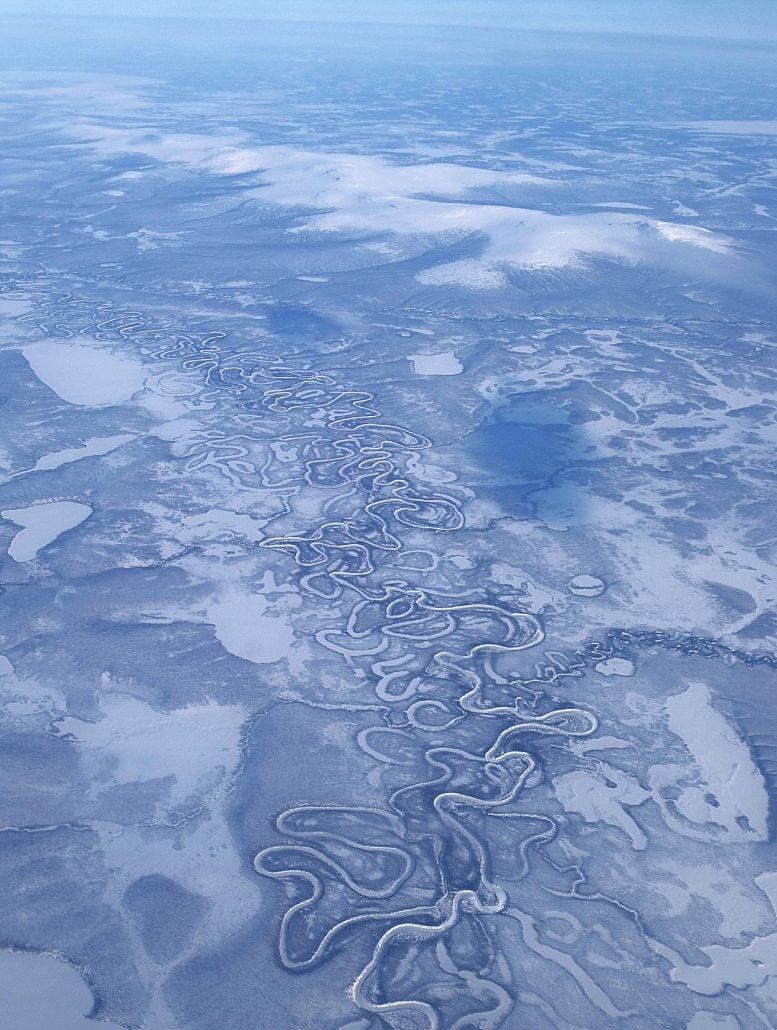
“Potentially Huge Implications” – Scientists Discover Ancient Carbon Is Leaking Into the Atmosphere
-
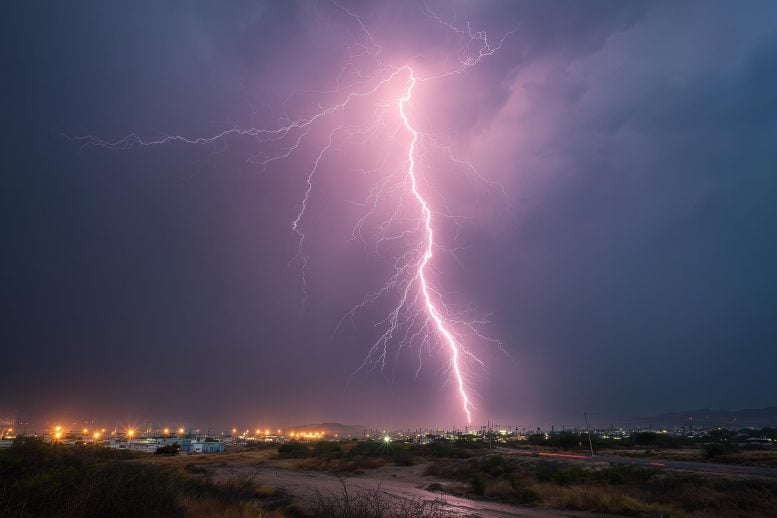
Scientists Discover the Explosive Chain Reaction That Triggers Lightning
Lightning may look like a sudden burst from the clouds, but its true origin lies in an invisible storm of cosmic rays, X-rays, and high-energy electrons. A breakthrough study led by Penn State researchers has finally decoded this hidden process:…
Continue Reading
-
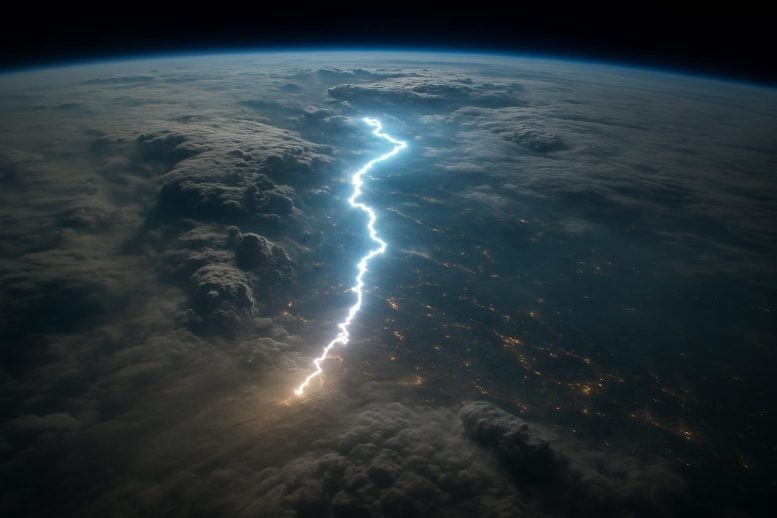
This Lightning Flash Was So Massive, Satellites Had to Prove It Happened
A record-shattering lightning bolt traveled an astonishing 515 miles from Texas to near Kansas City, becoming the longest ever recorded. This megaflash was only uncovered years later by satellites in orbit equipped with advanced lightning…
Continue Reading
-
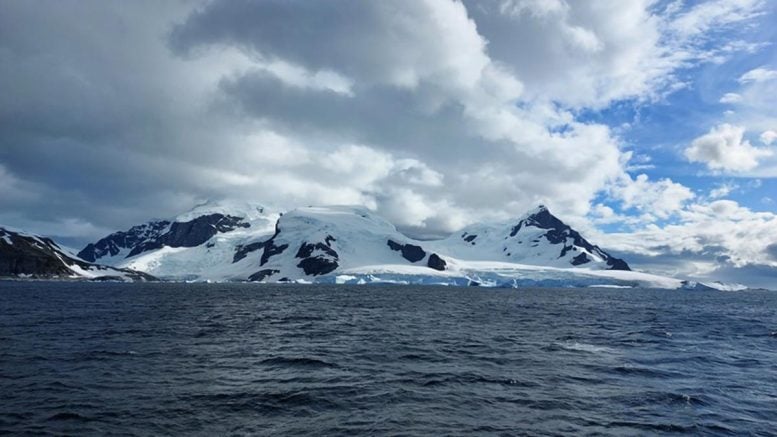
332 Hidden Canyons Discovered Under Antarctica – And They Could Be Accelerating Climate Change
Antarctica’s deep canyons shape oceans and climate. High-resolution maps show striking regional differences. Submarine canyons rank among the most striking and complex geological structures on the ocean floor, yet many remain poorly understood,…
Continue Reading
-

AI Twins Could Help Save the Planet, But Only If We Fix Them First
Scientists are turning to a surprising new ally in the fight against climate change: digital twins — smart, AI-powered replicas of real-world energy systems. These virtual models can help us better understand and improve everything from solar…
Continue Reading
-
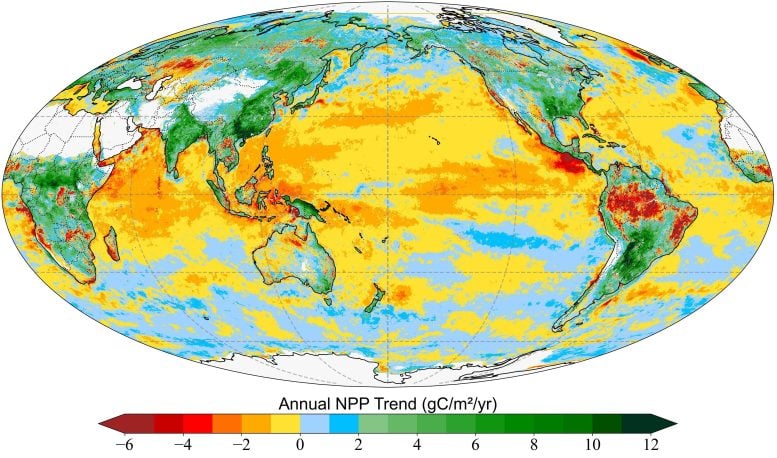
Earth Is Getting Greener, But the Oceans Are Losing Life
From 2003 to 2021, Earth’s ability to absorb carbon through photosynthesis increased—mostly thanks to land plants growing more vigorously in warming climates. While forests and farmland expanded their role in capturing carbon, ocean algae…
Continue Reading
-
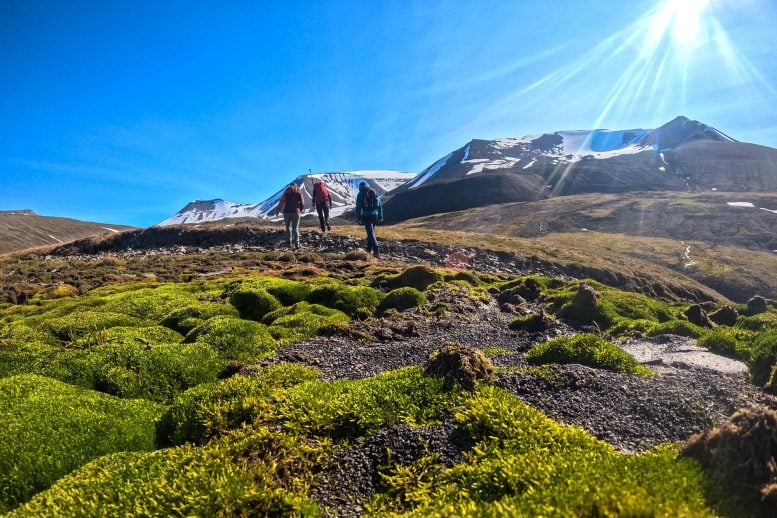
They Went to the Arctic for Snow. They Found Rain and Flowers.
What was once a predictably frozen Arctic winter is now shockingly unrecognizable. In February 2025, a scientific team in Svalbard expected to study fresh snowfall—but instead found rain, bare tundra, blooming flowers, and meltwater lakes….
Continue Reading
-

Greener and Cheaper: How Zinc Could Change Farming Forever
Zinc, long overlooked as a mere micronutrient, turns out to be a game-changer in legume nitrogen fixation. Scientists have discovered a novel zinc sensor protein, FUN, that acts as a master regulator in this process—helping plants interpret…
Continue Reading
-

Scientists Warn: Tintina Fault Could Unleash Major Earthquake
A major fault in Canada’s Yukon Territory, long thought dormant, has shown signs of recent seismic activity. A new study from the University of Victoria (UVic) has brought attention to a newly identified seismic threat in northwestern…
Continue Reading
-

The Ocean Got Too Hot – And Life Collapsed From Plankton to Whales
A scorching marine heatwave from 2014 to 2016 devastated the Pacific coast, shaking ecosystems from plankton to whales and triggering mass die-offs, migrations, and fishery collapses. Kelp forests withered, species shifted north, and iconic…
Continue Reading